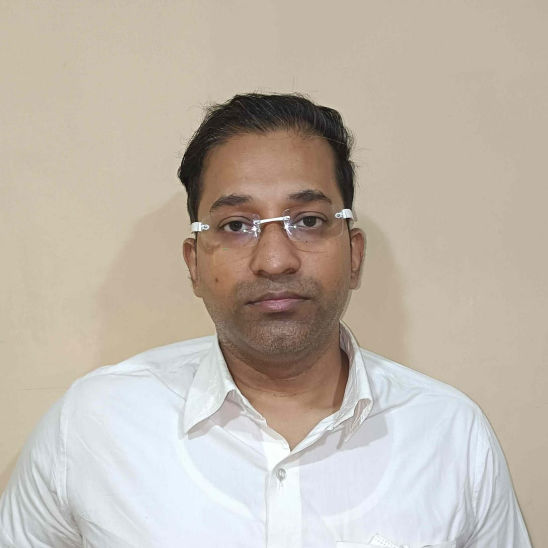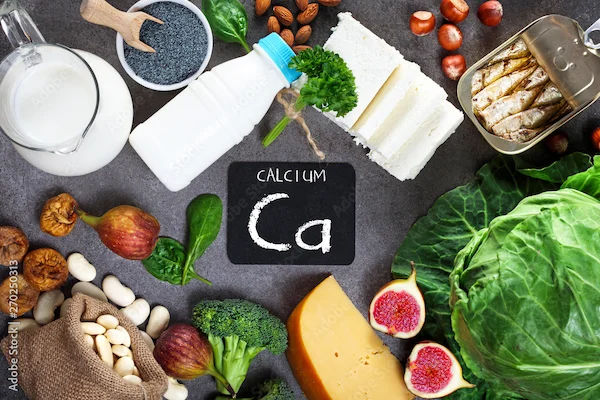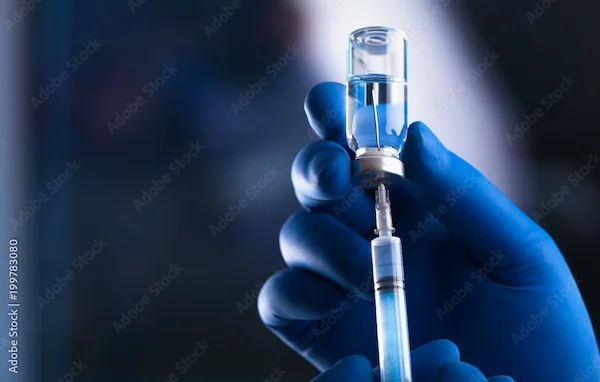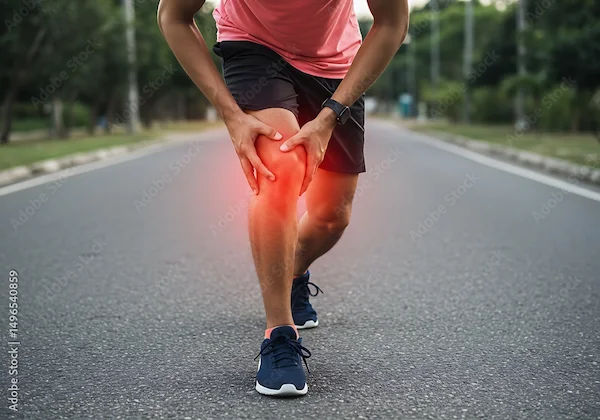Understanding Cystitis and Its Management
Learn about cystitis, a common urinary tract condition, including its symptoms, causes, prevention tips, and treatment options. Understand how to manage and reduce the risk of recurrent bladder infections effectively.

Written by Dr. Siri Nallapu
Reviewed by Dr. Rohinipriyanka Pondugula MBBS
Last updated on 26th Aug, 2025

Cystitis is a common and often uncomfortable condition that affects many people, especially women. If you’ve ever experienced a frequent urge to urinate, pain or burning during urination, or lower abdominal discomfort, you may have had cystitis. While it can be distressing, the good news is that it’s usually treatable and manageable with the right care.
In this article, we’ll break down what cystitis is, its symptoms, causes, and how it affects your health. We’ll also share practical tips for managing it and when to seek medical help.
What is Cystitis?
Cystitis is the medical term for inflammation of the bladder, most commonly caused by a bacterial infection (urinary tract infection or UTI). However, it can also occur due to irritation from certain products, medications, or underlying health conditions.
Types of Cystitis:
- Bacterial Cystitis – The most common type, caused by bacteria entering the bladder.
- Interstitial Cystitis (IC) – A chronic condition with no clear infection, leading to long-term bladder pain.
- Chemical Cystitis – Caused by irritants like harsh soaps, spermicides, or certain medications.
- Radiation Cystitis – Occurs as a side effect of radiation therapy in the pelvic area.
Consult a Top Specialist
Symptoms of Cystitis
Recognizing the symptoms early can help in getting timely treatment. Common signs include:
- Pain or burning sensation while urinating.
- Frequent urge to urinate, even when the bladder isn’t full.
- Cloudy, dark, or strong-smelling urine.
- Lower abdominal pain or pressure.
- Blood in urine (hematuria) in some cases.
- Mild fever or fatigue (if the infection spreads).
If symptoms worsen (high fever, chills, back pain), it could indicate a kidney infection, which requires immediate medical attention.
What Causes Cystitis?
Below are a few common causes of cystitis,
- Bacterial Infection – E. coli bacteria from the gut are the most frequent culprits.
- Sexual Activity – Can introduce bacteria into the urinary tract (often called "honeymoon cystitis").
- Hygiene Habits – Wiping back to front after using the toilet can spread bacteria.
- Menopause – Lower estrogen levels make the urinary tract more vulnerable.
- Catheter Use – Increases the risk of bacterial entry.
- Certain Medications or Chemicals – Some drugs or personal care products can irritate the bladder.
How Does Cystitis Affect Your Health?
While most cases are mild and resolve with treatment, untreated cystitis can lead to complications like:
- Kidney infections (if bacteria spread upward).
- Recurrent infections, especially in people with weakened immune systems.
- Chronic bladder pain (in interstitial cystitis).
Managing and Preventing Cystitis
Below are the ways to manage and prevent cystitis,
1. Hydration is Key
- Drink plenty of water (at least 8 glasses a day) to flush out bacteria.
- Avoid caffeine, alcohol, and spicy foods, which can irritate the bladder.
2. Good Hygiene Practices
- Always wipe from front to back after using the toilet.
- Urinate before and after sexual activity to flush out bacteria.
- Avoid harsh soaps or douches in the genital area.
3. Dietary Adjustments
- Cranberry juice or supplements may help prevent UTIs by stopping bacteria from sticking to the bladder wall.
- Probiotics (like yogurt) support healthy gut and urinary bacteria.
4. Pain Relief
- A heating pad on the lower abdomen can ease discomfort.
- Over-the-counter pain relievers (like paracetamol) may help, but avoid ibuprofen if you have kidney concerns.
5. When to See a Doctor
- If symptoms last more than 2-3 days.
- If you have fever, chills, or back pain.
- If you experience recurrent infections (more than 3 a year).
Treatment Options
Below are a few treatment options of cystitis,
For Bacterial Cystitis:
- Antibiotics (prescribed by a doctor) are the standard treatment.
- Always complete the full course even if symptoms improve.
For Interstitial Cystitis:
- Bladder training exercises.
- Physical therapy for pelvic floor relaxation.
- Medications to reduce bladder irritation.
When to Seek Emergency Care
If you experience:
- Severe pain in the lower back or side (possible kidney infection).
- High fever with chills.
- Nausea or vomiting along with urinary symptoms.
Need Help? Consult a Specialist
If you suspect cystitis or have recurring symptoms, don’t hesitate to seek medical advice. Early treatment prevents complications.
Apollo 24|7 offers expert consultations and diagnostic tests to help manage cystitis effectively. You can book an online consultation or schedule a urine test from the comfort of your home.
Final Thoughts
Cystitis is uncomfortable but manageable. With proper hydration, hygiene, and timely treatment, most people recover quickly. If symptoms persist, consult a healthcare provider to rule out underlying issues.
Consult a Top Specialist
Consult a Top Specialist

Dr. Mohamed Azeem
General Physician/ Internal Medicine Specialist
2 Years • MBBS,MD(Internal Medicine) CCEBDM
Karaikudi
Apollo Hospitals Karaikudi, Karaikudi

Dr. Anand Ravi
General Physician
2 Years • MBBS
Bengaluru
PRESTIGE SHANTHINIKETAN - SOCIETY CLINIC, Bengaluru

Dr. Syed Ismail Ali
General Practitioner
7 Years • MBBS
Hyderabad
Apollo 24|7 Clinic, Hyderabad

Dr Syed Mateen Pasha
General Physician
2 Years • MBBS
Bengaluru
PRESTIGE SHANTHINIKETAN - SOCIETY CLINIC, Bengaluru

Dr. Harshendra Jaiswal
General Physician/ Internal Medicine Specialist
12 Years • MBBS , MD (General medicine)
Kolkata
108 DHANA DHANVANTARI Clinic, Kolkata
(25+ Patients)
Consult a Top Specialist

Dr. Mohamed Azeem
General Physician/ Internal Medicine Specialist
2 Years • MBBS,MD(Internal Medicine) CCEBDM
Karaikudi
Apollo Hospitals Karaikudi, Karaikudi

Dr. Anand Ravi
General Physician
2 Years • MBBS
Bengaluru
PRESTIGE SHANTHINIKETAN - SOCIETY CLINIC, Bengaluru

Dr. Syed Ismail Ali
General Practitioner
7 Years • MBBS
Hyderabad
Apollo 24|7 Clinic, Hyderabad

Dr Syed Mateen Pasha
General Physician
2 Years • MBBS
Bengaluru
PRESTIGE SHANTHINIKETAN - SOCIETY CLINIC, Bengaluru

Dr. Harshendra Jaiswal
General Physician/ Internal Medicine Specialist
12 Years • MBBS , MD (General medicine)
Kolkata
108 DHANA DHANVANTARI Clinic, Kolkata
(25+ Patients)




